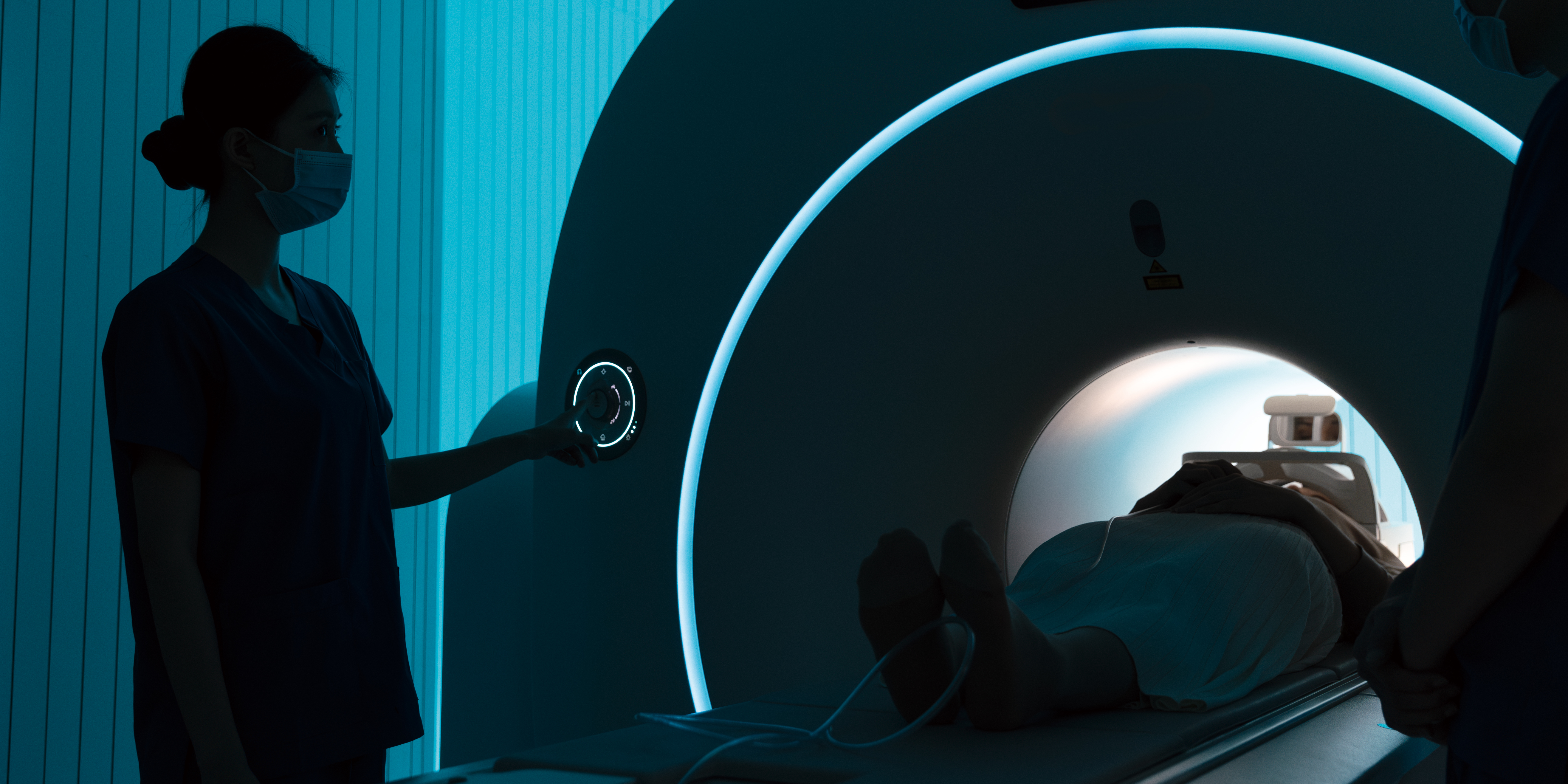
The SoR has released a guidance statement regarding the latest version of the Health and Care Professions Council’s Standards of Proficiency (HCPC SOPs), which includes a new provision stating that Diagnostic Radiographers should be able to “perform standard magnetic resonance imaging procedures”.
The HCPC SOP outlines the standards of proficiency expected of radiographers. These standards are entry-level requirements that radiographers must meet in order to be eligible for HCPC registration. After qualification, a radiographer’s scope of practice can expand as their career develops.
“The SoR welcomes the updated 2023 Standards of Proficiency in relation to graduates being able to perform standard magnetic resonance imaging procedures,” said Alexandra Lipton, professional officer for the SoR. “This position statement provides guidance on the determination of 'standard' MRI procedures and supports HEIs and services in promoting consistency for learners.”
In response to the inclusion of the new standard - standard 13.36 - the SoR released a statement outlining how some MRI units may not perform what are deemed as “standard” procedures. It is the SoR’s view that examples of standard procedures include MRI imaging of the brain, lumbar spine and knee.
The SoR statement says: “Pre-registration diagnostic radiography learners are expected to have exposure to MRI as part of their practice placement or work-based learning experiences as they are working towards meeting the HCPC SOPs.
“However, it is recognised that not all MRI units perform these examinations, and therefore ‘standard’ procedures may include alternative examinations that are deemed to be routinely performed at the given MRI department where the learner is placed.”
For pre-registration Diagnostic Radiographers, gaining experience in standard MRI procedures may also refer to getting informed consent for the MRI exam, checking off the MRI safety checklist and explaining the scan to a patient.
Reasonable adjustments
The SoR goes on to state that reasonable adjustments should be made where a student cannot enter the MR environment due to a medical condition, such as an implant. In this instance, an alternative assessment could be carried out, consisting of a verbal or written test about patient positioning and scanner alignment.
To read the Society of Radiographers’ full statement on the HCPC Standards of Proficiency MRI, click here.
